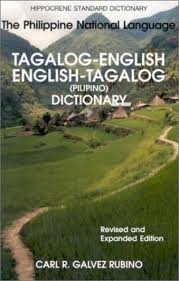
After many years of writing alternately in Tagalog and English, I noticed that I am now more at ease in English, although I can still write fluently in Tagalog. On self-reflection, I realized the reason for my strong English bias is that I want to reach an intellectualized audience even if they too are Filipinos like me. The unspoken premise is that Tagalog is much less intellectualized than English, and so it has become more precise, concise, and easier for me to write intellectually in English rather than in Tagalog. Continue reading “A linguistic philosophy for intellectualized Tagalog”



